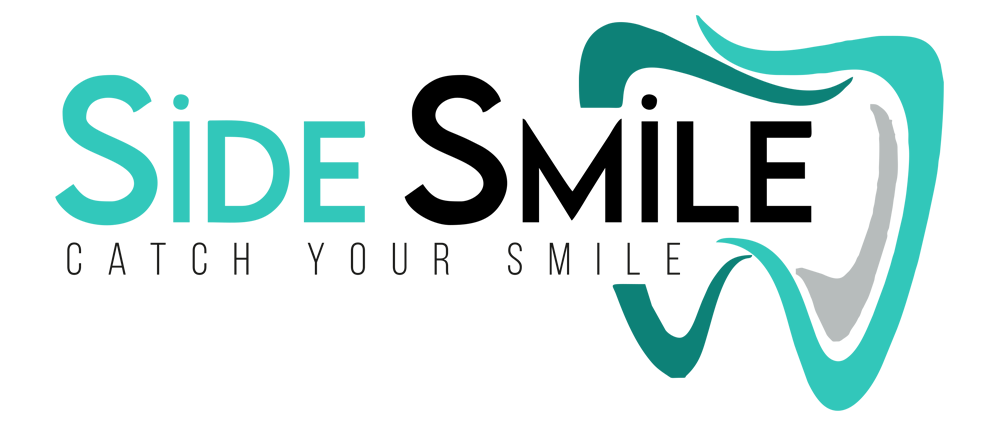BRUXISM
(teeth clenching – teeth grinding)
Causes and treatment of bruxism
Teeth clenching and grinding, or bruxism, which usually occurs at night during sleep, is the clenching and moving of the teeth with jaw movements.
This situation, where stress is the biggest factor, has many different consequences. Bruxism, also called sleep-related movement disorder, can also cause sleep apnoea. While cases of mild bruxism, i.e. cases that are not very frequent and not severe enough to cause harm, are not major problems, cases of advanced bruxism can cause other problems.
Advanced cases can cause headaches, jaw and ear pain, tooth wear, moving teeth, toothache, cracked, damaged and broken teeth, and damage to fillings.
What causes bruxism?
Bruxism, the exact cause of which cannot be determined, is mainly caused by stress. Squeaking is more common in people with an aggressive, competitive or hyperactive personality. Patients often have difficulty identifying it because they experience it during sleep. Bruxism can be seen as a side effect in some people taking antidepressants. Smoking tobacco products, alcohol and drug use can also cause bruxism. Genetic predisposition, medications taken and neurogenic problems can also be the cause of bruxism.
Recently, the incidence of bruxism cases in children has increased. These can be caused by endocrine disorders, intestinal parasites and excessive fillings. This problem should be taken seriously and the dentist should be consulted. Nowadays, night splints can be made even for 3-year-old children.
tooth wear – gum recession – flattening

What are the symptoms of bruxism?
Bruxism, which usually occurs during sleep, can also occur in some people when they are awake. It is called sleep bruxism and awake bruxism. We can list the symptoms of bruxism as follows;
- Sensitivity of the teeth
- Worn, cracked teeth with increased mobility
- Gum recession
- Squeaking noises heard at night while sleeping
- Masseter muscle pain in the morning
- Undefinable earache, headache
- Restrictions on mouth opening
- Damage to the inside of the cheeks due to chewing
- Sleep disturbances
People with these symptoms should see their dentist as soon as possible.
How is bruxism diagnosed?
Dentists follow up on possible bruxism for several sessions and observe whether changes occur in the teeth and gums. As a result of these observations, they determine whether treatment is needed.
Based on the dental health, medications, daily routine and sleeping patterns of the patient diagnosed with bruxism, they try to find the cause of the problem.
The dentist will check for sensitivity of the jaw muscles, broken or missing teeth to see the extent of the bruxism. A check is made to see if there is any damage to the teeth and inside the cheeks. An x-ray is taken to look for damage to the jawbone. Thus, a normal dental examination will detect temporomandibular joint disorders, other dental problems and other health disorders that can cause similar jaw-ear pain.
Bruxism treatment
During treatment, dentists carry out joint studies with psychiatrists. The dentist solves the problems in the mouth and applies procedures that reduce the effects of clenching. The psychiatrist, on the other hand, goes to the source of the stress that causes bruxism and applies therapy and medication (antidepressants) in this regard.
To do this, the dentist can use various devices. These appliances are bite splints and transparent night splints. These splints are made individually according to the patient’s tooth size.
Temporary use of muscle relaxants, hot water treatment, botulinum toxin application (Botox treatment), taking painkillers and antihistamines are other treatment methods in the treatment of bruxism. If you suspect bruxism, you should see your dentist immediately. Otherwise, your problem may reach such proportions as to require surgical intervention.
In patients where appliances and splints do not achieve the desired improvement, the need for surgical intervention is assessed.
We wish you healthy days.


